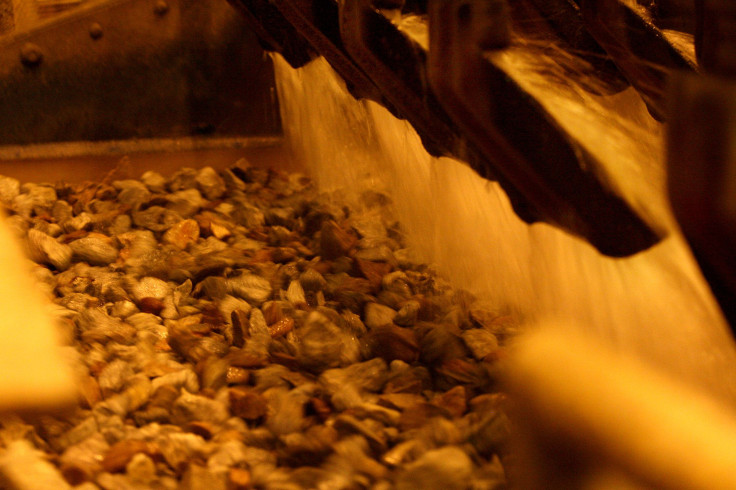China Interest Rate Cut And Crude Oil Prices: Copper, Nickel, Aluminum And Other Commodities Spike After Bank Decision

Commodities spiked Friday in the wake of a surprise move by the People’s Bank of China to cut benchmark interest rates by a quarter of a percentage point to 4.35 percent, effective Saturday. Brent crude rose 43 cents to $48.51 a barrel five minutes after the announcement, the Financial Times reported, while the prices of other commodities, like base metals, also rose – albeit briefly – after the news broke, leaving the possibility of long-term gains in question.
Copper and nickel reached one-week highs Friday in the wake of the cuts, Reuters reported Friday morning, but copper prices quickly backtracked. They rose 1.22 percent to trade at $5,319.50 a ton Friday on the London Metal Exchange, before backsliding one percent.
The price of nickel on the London Metal Exchange also rose 2.36 percent and aluminum 2.66 percent after China's announcement, and companies in the mining sector benefited as well. Swiss mining company Glencore’s stock jumped 9.3 percent, BHP Billiton, which mines copper, iron and other resources, grew 4 percent and Antofagasta, a Chile-based copper mining company, 3.2 percent, Bloomberg reported.
After its initial uptick in price, Brent crude fell to $47.80 per barrel by 11:10 a.m. EDT, Reuters reported. Analysts attributed Friday's short-lived surges to a strong U.S. dollar.
“The significant deterioration we have seen set in over the past half an hour after a rather sharp bounce is indicative of just how jittery the markets are," Edward Meir, an analyst at INTL FCStone, a commodities trading company, said, Reuters reported. "The surprising strength in the dollar should keep the rallies somewhat in check," he said.
China’s economic slowdown in the past several months has hurt commodities prices as the country aims to transition away from an industrial and manufacturing-based economy to a consumer-based one. It substantially reduced its imports of aluminum, zinc and copper the first half of 2015, although imports continue to vary by month. For instance, in September, China’s copper imports rose 22 percent over the previous year.
Amid the inevitably flux and uncertainty, many analysts have concluded that it’s far too soon to tell what could happen with metal prices and the commodities market in the long run, despite Friday's brief price spikes.
“The People’s Bank has delivered another jolt of stimulus,” analysts at Capital Economics, a macroeconomic research group, said, Fortune reported, but the analysts were “still waiting for clear evidence of an economic turnaround,” they said in a note to clients.
© Copyright IBTimes 2025. All rights reserved.






















